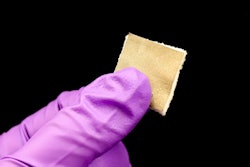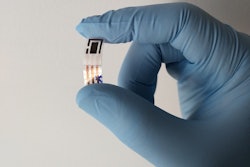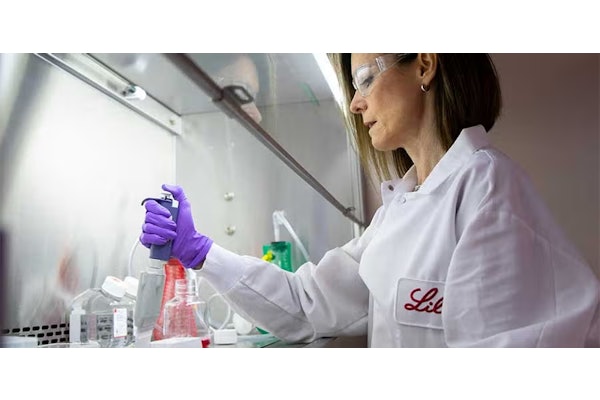
In the United States, nearly 800,000 people are living with end-stage renal disease (ESRD). More than two-thirds of these patients are on dialysis, a process that purifies the blood since the kidneys no longer can. However, according to a recent article from The Straits Times, a new discovery aims to take pressure off the organ transplant lists and the need for dialysis by actually repairing damaged kidneys. Researchers from Duke-NUS Medical School, National heart Centre Singapore, and Germany found a way to inhibit a protein that contributes significantly to organ damage, which led to the regeneration of injured kidneys and restoration of renal function.





















